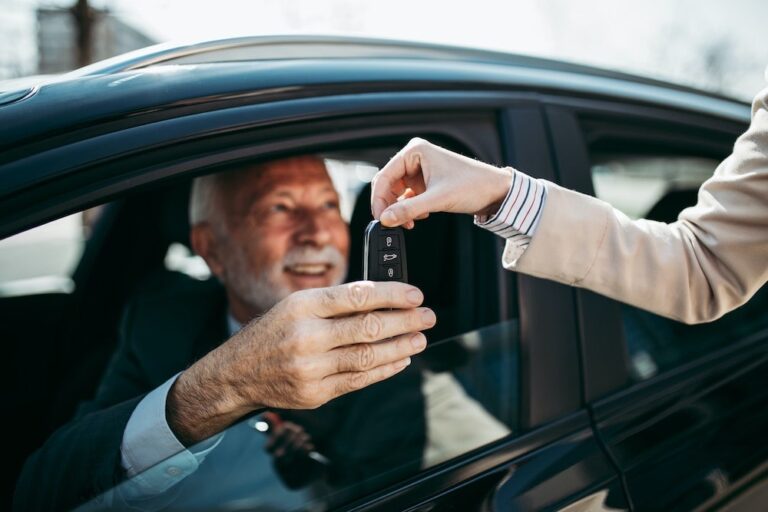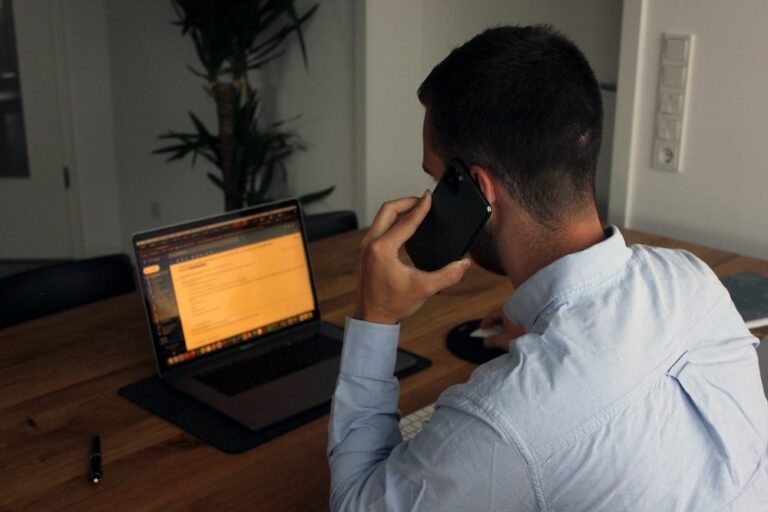Talk to Sales: (401) 200-6026
Create rapport with customers and watch them come back to you time and time again
You probably don’t purposely set out to create rapport with individuals in your personal life; it just kind of happens. It’s when you “click” with someone—whether right away, or over time—and form a bond based on trust, shared values, and authentic connection.
According to researchers, when you have a rapport with someone, you share:
- Mutual attentiveness: Each person indicates his or her attentiveness to the other.
- Positivity: You see each other in a positive light.
- Coordination: You tend to mirror each other, coordinating verbal or nonverbal behaviors.
When you work at a car dealership, though, establishing rapport with customers is essential. Rapport can mean the difference between making a sale and watching money walk out the door; rapport can also mean the difference between a one-time buyer and a repeat buyer that refers thousands of dollars to your dealership every year.
While rapport is something that tends to naturally happen in our personal lives, a little bit of intention can bring it into our professional lives as well. Sure, there will be some customers you meet that you’ll have a natural rapport with and establishing that relationship will come relatively easy. However, there will be many more people that you don’t automatically click with, and you’ll have to set out to create rapport intentionally.
Questions dealership salespeople can ask to create rapport
The basic way to begin building rapport with prospects and customers is to start asking questions. In asking these questions, you’re fishing for anything you might have in common that can help you connect as quickly as possible.
Do not, however, sit the customer down and start firing off this list of questions out of nowhere—work them into your natural conversation and only if you haven’t covered a topic yet. Listen to what your customer is saying and ask appropriate questions based on what they’re telling you.
1. “You mentioned you have kids—how old are they?”
2. “Are you from this area originally?”
3. “What do you do for a living?”
4. “I love the newest Toyota Camry model as well—the ride is so smooth. What do you like about it?”
5. “What’s your commute like?”
6. “Any big plans for this weekend?”
7. “How long have you been driving your current car? What do you like about it?”
You get the idea. When you create rapport with a customer, the end goal doesn’t have to be that you’ve become BFFs. You want the person to feel like you have their best interests in mind, you understand what they value, and you care about their ultimate happiness when it comes to their purchase.
 Non-verbal ways to create rapport
Non-verbal ways to create rapport
Building rapport isn’t just about asking questions to get to know one another—it’s more scientific than that. There are certain non-verbal cues you can give that silently tell a customer’s brain that you care.
Mirror their behaviors
Research has shown that we like people who are like us. One way to achieve this is to adapt your emotions, posture, or voice to the individual you’re trying to create rapport with. For example, if a customer has a softer voice and speaks more methodically, try to bring your volume and tempo down a notch. Be careful, though—you don’t want your mirroring to be completely obvious and look more like mockery. Be subtle.
Smile and be positive
An authentic smile is the quickest way to show someone you’re approachable, and you care. If someone is in a negative mood, that’s not something you want to mirror—stay positive and try to bring them up to your level. People like others that make them feel good.
Maintain eye contact
You don’t want to engage in a stare-down or look too intense, but make it a point to maintain natural eye contact with the person you’re speaking with. This shows them that you care about them and what they have to say.
As you work to close more deals, research the art of building rapport and practice over the course of your day. You’ll get a better feel for what works for you—and what doesn’t—and over time, creating rapport will become one of your greatest strengths.
Interested in an Affordable, Full-Featured Auto Dealer CRM?
Schedule an AutoRaptor Demo Now!






